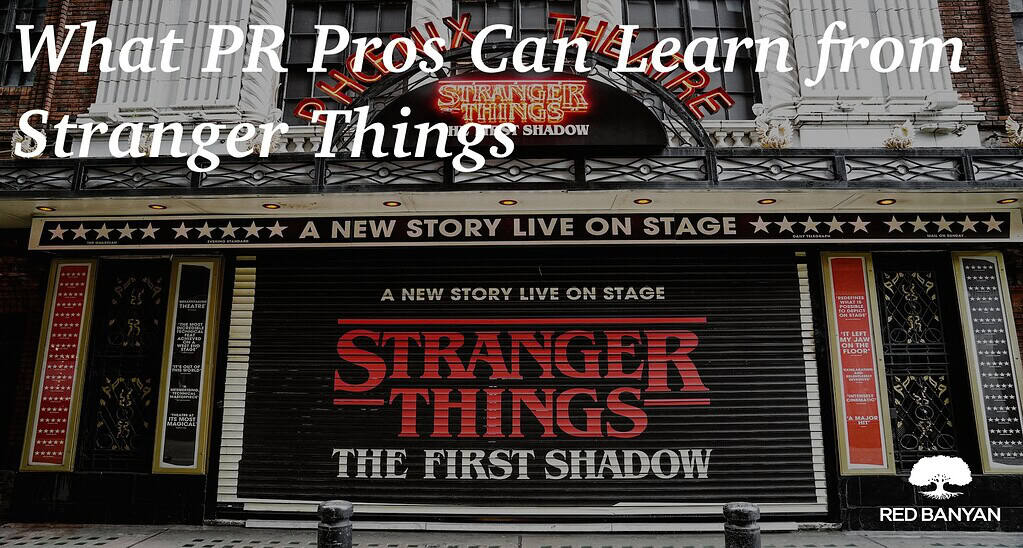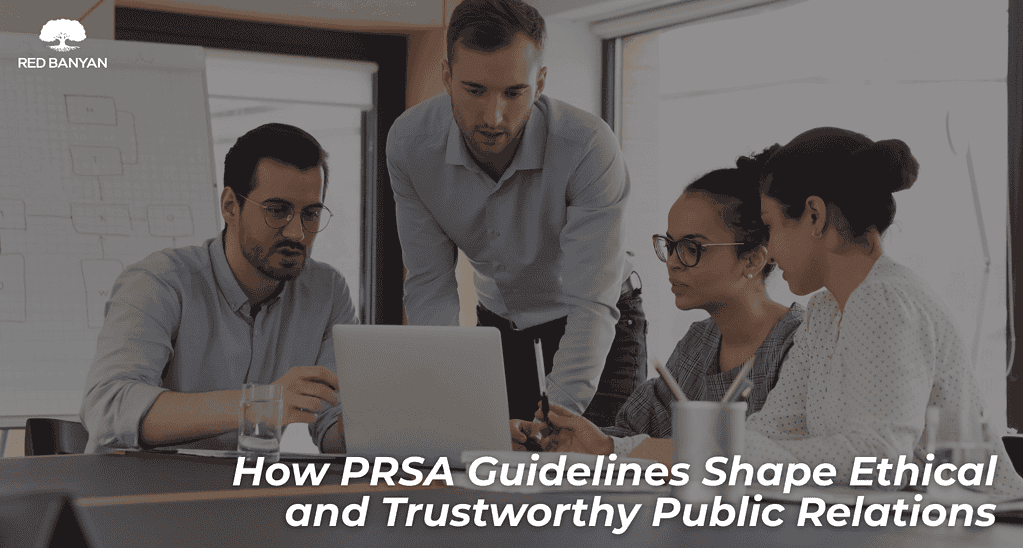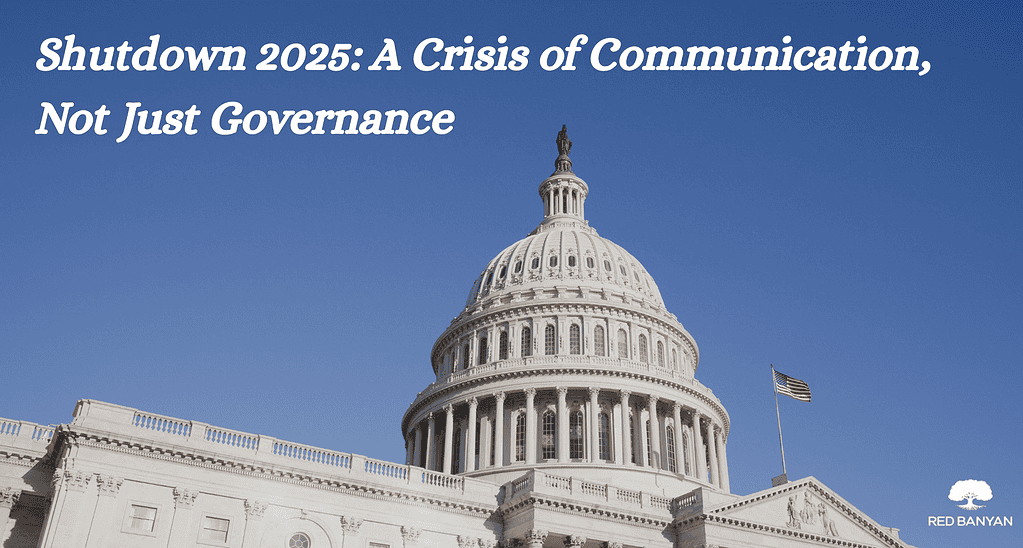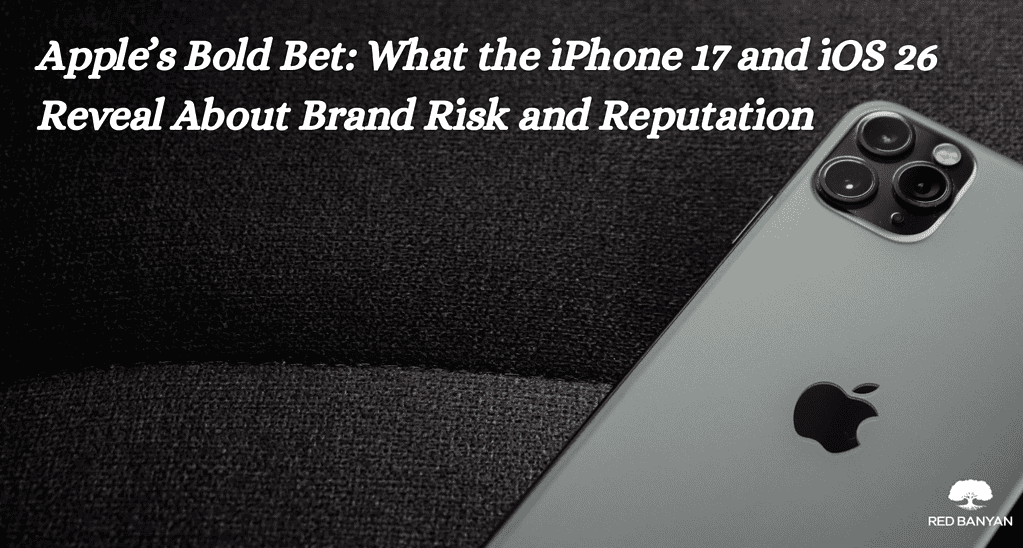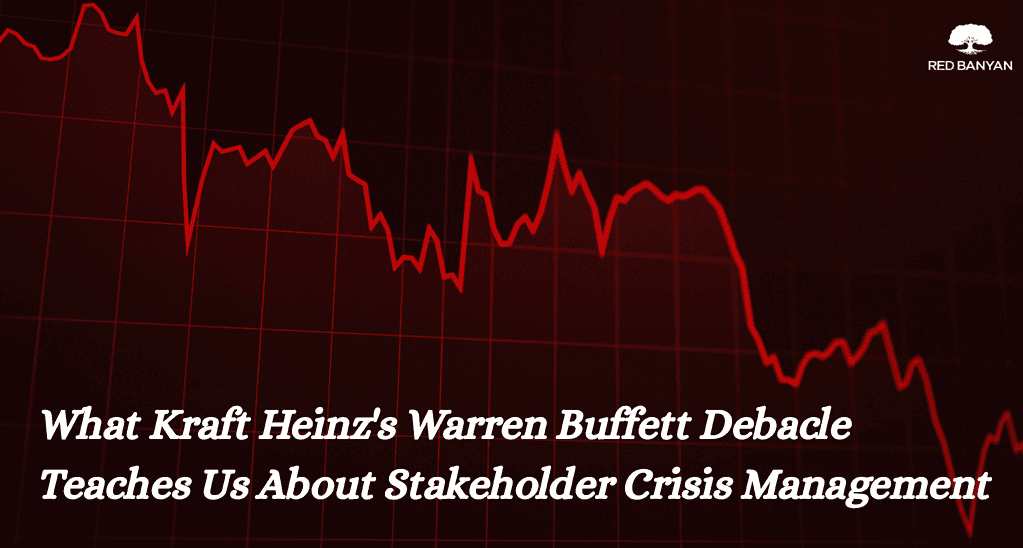Private equity once thrived behind the scenes: discreet, agile, and largely invisible to the public. That era is over. Today, deals are dissected in the press before they close. Fund managers face questions about layoffs on earnings calls. ESG scores are debated in national op-eds. A single poorly worded quote or a delayed response to a portfolio company crisis can trigger headlines, investor panic, or even a congressional subpoena.
This is not a hypothetical future. It is already here. The rules have changed. For firms managing millions or billions, operating without a communications strategy is a liability. Public relations for private equity today is a board-level concern, not because optics matter more than outcomes, but because perception shapes access, influence, and opportunity.
Quick links:
PR is No Longer Optional in Private Equity
When to Bring in a PR Partner
The Role of PR in High-Stakes Moments
Crisis Communications Requires a Delicate Balance
Why Portfolio Companies Benefit from Strategic PR
What to Look for in a Private Equity PR Firm
Reputation is Capital
Frequently Asked Questions: PR for Private Equity Firms
PR is No Longer Optional in Private Equity
The scrutiny of private equity firms and their portfolio companies is intensifying. Journalists, regulators, employees, and the public are all paying closer attention. One headline can build confidence or erode it. Silence, once seen as professionalism, is now often perceived as avoidance.
Smart PE firms are no longer waiting for problems to start. They are investing in strategic communications to clarify who they are, what they stand for, and how they operate. Effective PR tells the story behind the numbers, humanizes leadership, and showcases initiatives such as ESG and impact investing.
When private equity executives or leaders of their portfolio companies are featured in respected publications and speak at key industry events, then they shape their own narratives. That visibility helps build trust, and that trust strengthens long-term value.
When to Bring in a PR Partner
A PR firm focused on private equity should not be called only when things go wrong. The most successful private equity communications strategies are built well before any crisis arises.
PR becomes especially valuable during acquisitions, fundraising rounds, leadership transitions, and moments of pressure from investors. It is just as important during quieter times, helping firms take the lead rather than responding to public perception of misperception after it has already taken shape.
Put another way, if your private equity PR effort starts when you are already on the front page, then you have already lost control of the story.
The Role of PR in High-Stakes Moments
No matter how well-managed a firm is, reputational challenges will inevitably happen. A controversy at a portfolio company, litigation, or negative media coverage can surface quickly and unexpectedly.
Strategic PR for private equity brings structure and clarity to these moments. It ensures your spokesperson is prepared, your messaging is on-point, and your firm appears responsive and in command. More than simply containing fallout, strong communications demonstrates confidence and accountability.
After the initial crisis response, smart and strategic PR helps restore credibility. This may involve carefully chosen interviews, direct investor communication, or reinforcing your reputation through increased visibility over time.
Crisis Communications Requires a Delicate Balance
Confidentiality is essential in private equity. But when a crisis hits, clarity is just as important.
Experienced PR professionals work closely with legal counsel and the C-suite to develop public messaging that informs without overexposing. They align leadership across departments and manage both internal and external communications. Most importantly, the right PR experts respond quickly to prevent speculation or misinformation from taking hold.
A fast and thoughtful communication strategy shows investors and other stakeholders that you are capable, transparent, and trustworthy. It also lays the foundation for rebuilding your reputation following controversy.
Why Portfolio Companies Benefit from Strategic PR
What happens at your portfolio companies reflects, fairly or not, on your private equity firm. That is why strategic communications in private equity must extend beyond the core brand.
Portfolio companies face similar public pressures, including regulatory scrutiny, labor challenges, and leadership turnover. Consistent messaging that reflects the values of the parent firm helps build a unified brand story across the entire investment ecosystem.
In times of sector-wide disruption or heightened media attention, having a coordinated communications strategy is essential. Executing effectively against your plan creates clarity, reduces confusion, and fosters confidence in the firm’s ability to lead with integrity.
What to Look for in a Private Equity PR Firm
Here is a quick checklist of what matters when choosing a private equity communications partner:
What Makes a PR Firm a Good Fit for Private Equity:
- Deep financial and legal literacy
- Proven success managing high-pressure reputational issues
- Strength in both proactive storytelling and crisis response
- Strong media relationships in business and financial journalism
- Global capabilities with regional expertise
Firms like Red Banyan bring the speed, discretion, and industry fluency needed to navigate these complex challenges with confidence.
Reputation is Capital
When it comes to private equity, trust drives value. It attracts investors, supports deal flow, and helps firms recover faster when challenges arise. But trust is no longer built behind closed doors alone. It is also earned in public, through consistency, credibility, and communication.
Strategic PR is not just a safety net. It is a smart investment in growth.
If your firm is preparing for expansion, anticipating media scrutiny, or simply ready to take control of its public image, then the time to act is now. A private equity PR partner like Red Banyan can help you protect and enhance your reputation, because in private equity, perception can be just as powerful as performance.
Frequently Asked Questions: PR for Private Equity Firms
- What does a private equity PR firm actually do day to day?
A private equity PR firm works closely with your leadership, legal, and investor relations teams to monitor public sentiment, manage press outreach, draft communications, and prepare executives for media engagement. Day to day, this can include crafting press releases, securing earned media coverage, developing messaging frameworks, preparing crisis response protocols, and managing social media or digital reputation platforms.
- How can private equity firms measure the ROI of a PR strategy?
While PR does not always produce immediate financial metrics, firms can track return on investment through increased positive media mentions, improved sentiment analysis, stronger relationships with media outlets, reduced reputational risk exposure, and enhanced trust with limited partners. Over time, this visibility can influence deal flow, impact valuations, and enhance investor relationships and retention.
- What questions should a private equity firm ask before hiring a PR agency?
- Does your PR agency have experience in financial services and M&A?
- Does your PR firm handle confidential information?
- Can you provide examples of crisis situations you’ve managed for private equity firms?
- What is your approach to media training for PE executives?
- How will your private equity PR agency collaborate with internal and legal teams?
- Can you support our portfolio companies as well?
- Should private equity firms use PR firms with in-house legal experience?
Yes. Having PR professionals who understand the legal sensitivities of financial communications helps prevent regulatory missteps and ensures that public messaging is aligned with legal strategy. This is particularly valuable during ongoing litigation, government inquiries, or sensitive deal processes.
- How can private equity firms improve executive visibility through PR?
PR teams can position firm leaders as thought leaders by securing speaking opportunities, ghostwriting op-eds and other pieces, arranging interviews with top-tier media, and developing insightful content for LinkedIn, industry publications, or other social media. Executive visibility helps establish credibility, builds influence, and humanizes the firm’s leadership in the eyes of investors, journalists, and regulators.
- What role does media training play for private equity executives?
Media training helps private equity firm leaders and portfolio company CEOs and executives to speak clearly, confidently, and remain on-message during interviews or other public appearances. This includes handling tough questions, avoiding regulatory pitfalls, and staying aligned with broader brand strategy. Well-prepared executives reduce risk and improve outcomes in high-stakes media interactions.
- Can a PR strategy help a PE firm add value to their portfolio companies?
Absolutely. A firm with strong brand recognition and a reputation for professionalism and integrity will enhance the value by highlighting the strength of a firm’s management team, and its portfolio companies. PR reinforces the public perception that your firm is not only financially strong but also respected and strategically positioned for long-term growth.
- What is digital reputation management for private equity firms?
Digital reputation management includes monitoring online mentions, managing search engine results, responding to reviews or news coverage, and publishing authoritative content to strengthen your firm’s visibility. It ensures that when stakeholders Google your firm or your portfolio companies, they find content that reflects credibility, success, and professionalism.
- How can private equity firms handle misinformation or unfair media coverage?
A skilled rapid response PR team will move decisively to disseminate accurate information, coordinating with legal counsel to challenge factual inaccuracies when appropriate, and engaging the media to drive the proper narratives. In some cases, PE firms may also advance their own stories through thought leadership and/or direct-to-stakeholder communications.
Learn more about private equity PR by contacting Red Banyan today.





